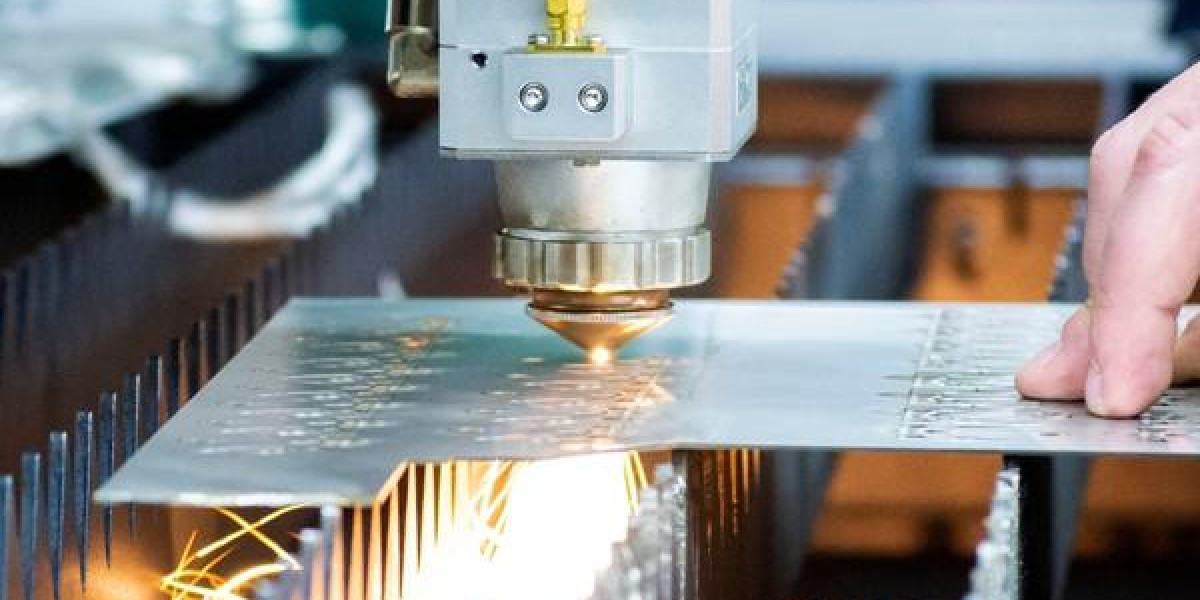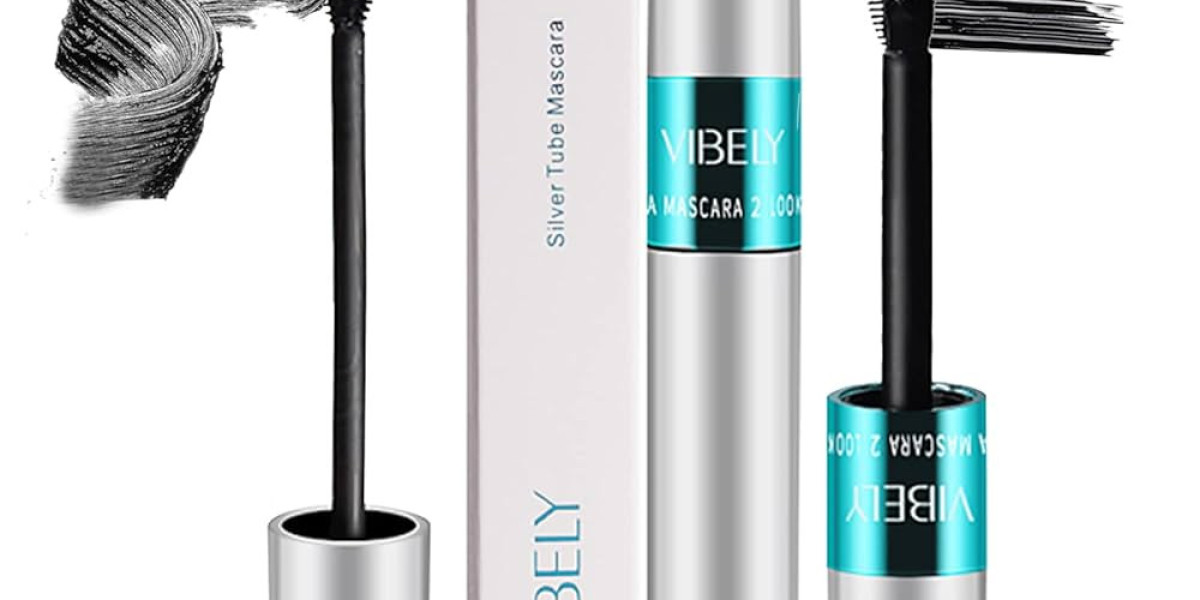Laser cleaning technology is no longer the future—it's now. Whether you're an industrial professional, a restoration expert, or a business owner looking to upgrade your cleaning processes, finding the right laser cleaning machine for sale can change how you approach surface prep forever.
This guide takes a comprehensive, expert-backed look at laser cleaner machines, their applications, technology, pricing expectations, and why they are rapidly replacing traditional abrasive and chemical methods.
What is a Laser Cleaning Machine?
A laser cleaning machine uses high-intensity laser beams to remove rust, paint, oxides, grease, and other contaminants from surfaces without damaging the base material. It’s a non-contact, eco-friendly method that is now widely adopted in industries ranging from aerospace and automotive to cultural restoration and electronics.
Laser Cleaner vs. Traditional Cleaning Methods
| Feature | Laser Cleaner | Sandblasting/Chemical Methods |
|---|---|---|
| Contact-Free | Yes | No |
| Environmental Impact | Low | High |
| Precision | Extremely high | Moderate |
| Maintenance | Low | High |
| Operator Safety | High | Moderate to Low |
| Operating Cost Over Time | Lower | Higher |
Types of Laser Cleaning Machines for Sale
When searching for a laser cleaning machine for sale, it’s essential to understand the different types available:
1. Handheld Laser Cleaners
Portability and ease of use
Ideal for automotive, metal, and on-site industrial work
Typically range from 100W to 2000W
2. Pulse Fiber Laser Cleaners
Suitable for delicate or heat-sensitive surfaces
Often used in artwork or historical artifact restoration
Offers ultra-fine precision
3. Continuous Wave (CW) Laser Cleaners
Designed for heavy-duty industrial cleaning
Higher power output for fast surface treatment
Used in shipbuilding, pipelines, and steel manufacturing
How Does Laser Cleaning Work?
A laser beam is directed at the surface contaminant.
The focused beam vaporizes the unwanted material without harming the base.
No chemical solvents, media, or secondary waste is generated.
This precise method supports industries under growing pressure to reduce emissions, waste, and downtime.
Key Features to Look for in a Laser Cleaner
Power Rating (Watts): Higher wattage = faster cleaning
Beam Quality: Determines focus and precision
Cooling System: Air or water cooling, depending on usage time
Scanning Head: Ensures uniform cleaning
Control Software: Offers customization for different materials
Who Needs a Laser Cleaning Machine?
Industrial Applications:
Rust removal on metal components
Oil residue removal in factory maintenance
Oxide layer stripping for welding prep
Commercial Use:
Graffiti removal from walls
Paint removal from vehicles
Cleaning electronic circuit boards
Specialized Fields:
Restoring historical buildings or sculptures
Cleaning aerospace parts
Micro-scale applications in semiconductor industries
What is the Price of a Laser Cleaning Machine?
Laser cleaners are a long-term investment. The cost depends on power, features, and build quality.
| Power Level | Price Range (USD) | Best For |
|---|---|---|
| 100W–200W | $4,000–$8,000 | Light rust, detail cleaning |
| 500W | $8,500–$13,000 | Mid-level industrial applications |
| 1000W+ | $13,000–$30,000+ | Heavy-duty, large-scale industries |
Frequently Asked Questions
Q1: Can a laser cleaning machine damage surfaces?
A: No, when used correctly. Laser cleaners offer high control and precision, ensuring the substrate remains untouched.
Q2: Is laser cleaning environmentally friendly?
A: Yes. There are no chemicals, no secondary waste, and minimal energy usage compared to abrasive methods.
Q3: How much training is needed to operate one?
A: Minimal. Most machines come with user-friendly interfaces and require only basic safety training.
Q4: Can it clean painted surfaces?
A: Absolutely. Many models are designed to strip paint without damaging metal, wood, or other materials underneath.
Q5: How long does a laser cleaner last?
A: With regular maintenance, fiber laser machines can last up to 100,000 hours of operation.
Final Thought
As industries move toward sustainability and higher efficiency, laser cleaning machines stand at the forefront of surface treatment innovation. Whether you're a fabrication shop removing rust or a heritage conservator restoring bronze, the benefits of upgrading to laser technology are undeniable. Before you make a purchase, consider your application, power needs, and long-term ROI to select the best laser cleaning machine for sale that meets your goals.
















